On November 23,1942, and following the November 19, 1942 beginning of Operation Uranus, the spearheads from the Soviet Southwest and Stalingrad fronts, met at Kalach to Stalingrad’s west. They had cut off the entire German 6th Army and part of the 4th Panzer Army in a massive pocket.
Blog
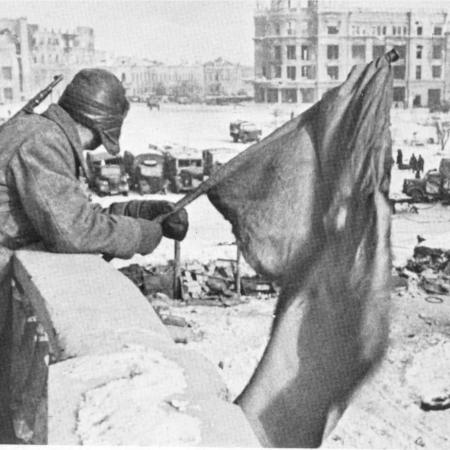

Last week the US Air Force announced, as part of a proposed series of budget cuts, that it was planning on cutting five squadrons of what has been perhaps the most useful manned aircraft in the Air Force's inventory over the past three decades: the A-10 Thunderbolt II. In turn, only one F-15 and one F-16 squadron would be cut even though our military hasn't faced seriously contested airspace at virtually any point this century.
What's more, neither the F-15 or F-16 have proven themselves as
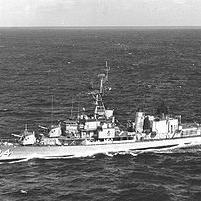
The USS Laffey is best remembered today as the "ship that would not die" - this moniker given after the 2,200 ton destroyer survived five kamikaze and four bomb strikes that caused 103 casualties, from a crew of 336, all while the ship was on picket duty off Okinawa in the spring of 1945. However, what also must be remembered is that the USS Laffey, launched in 1943, is also the sole surviving World War era US Navy destroyer to have participated in the epic Battle for the Atlantic fought

Though the Wannsee Conference of January 20, 1942 is often remembered as the seminal planning event of the Third Reich's genocidal strategic goals; in reality it represented a part of a much larger and horrific plan for mass murder. For on June 21, 1941, Heinrich Himmler had ordered planning to begin for a massive demographic reorganization of Eastern Europe, including the territories of the western Soviet Union. Professor Konrad Meyer authored this plan; labeled Generalplan Ost. Meyer’s

For those of you who don't know - during my day job I am a tax attorney. And though I am not a specialist in Constitutional Law it is my judgment that SOPA and PIPA are two of the more downright anti-American bills, in the House and Senate respectively, that I have seen in recent years (probably the worst since the last time Congress tried this stunt and, if enacted, would be even a more direct assault on liberty and freedom than the Patriot Act).
In short, these bills are a colossal affront
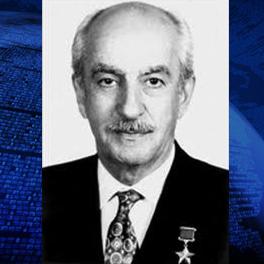
Gevork Vartanian died in Moscow at age 87. Vartanian was a veritable legend in Soviet espionage circles whose father and wife also worked as Soviet agents. Vartanian made his name when as a young Soviet agent he played a key role in helping to derail a Nazi plot to assassinate Franklin Roosevelt, Josef Stalin, and Winston Churchill at their famous conference in 1943 at Tehran.
Vartanian retired in 1992 after an epic career that began in 1940 at the age of 16. Though he also played a key role

One of the great Allied advantages over Nazi Germany during World War II was their ability to regularly intercept and read otherwise encoded German communications. Though this capability was not comprehensive, with changes to the German code settings throwing the Allies off at repeated times during the war, it proved of significant assistance to the Allied war effort. Some believe Allied code-breaking efforts were so consequential as to have decisively altered the course of the war.
The
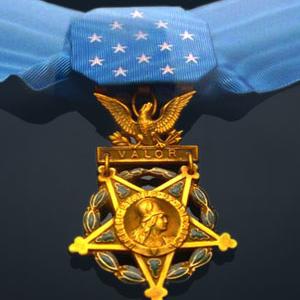
With the December 30, 2011 death of Mike Colalillo, aged 86, there are only 84 surviving holders of the highest honor that can be bestowed upon a member of the United States Armed Forces. Colalillo received his Medal of Honor from President Harry Truman on December 18, 1945 for the extroadinary valor and bravery shown by Colalillo in combat on April 7, 1945 near Untergriesheim, Germany.
The first Medal of Honor was awarded on March 25, 1863, the most recent on September 15, 2011. All told

If in 1919 the question arose regarding which of the Great European Powers stood destined to drive Europe’s twentieth century fortunes, few candidates would have stood out as more unlikely than the Soviet Union.
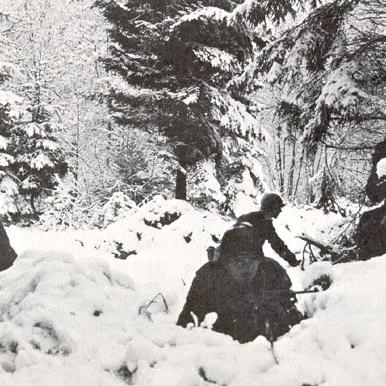
The Battle of the Bulge that began on December 16, 1944 is widely remembered today as the greatest battle fought by the U.S. Army during the Second World War. For many, the focal point of this remembrance remains the Belgian town of Bastogne. Bastogne was a critical regional communications hub, ultimately encircled and besieged by German forces from December 19th to the 26th. The elite U.S.


